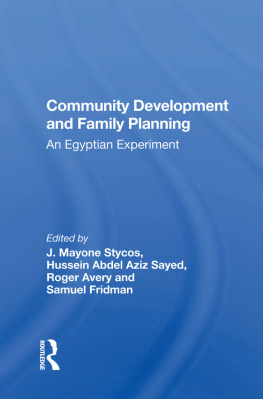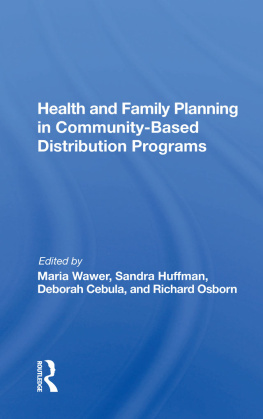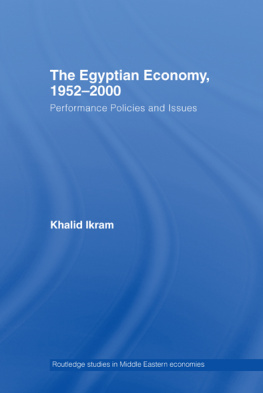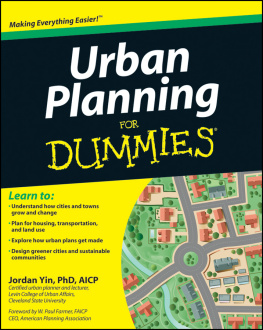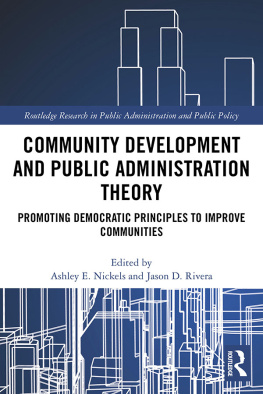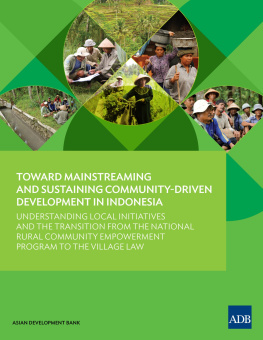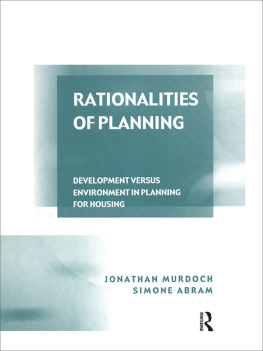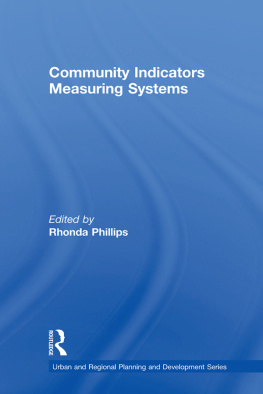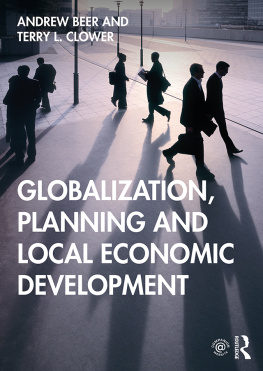Community Development and Family Planning
An Egyptian Experiment
Community Development and Family Planning
An Egyptian Experiment
J. Mayone Stycos
Hussein Abdel Aziz Sayed
Roger Avery
Samuel Fridman
First published 1988 by Westview Press, Inc.
Published 2018 by Routledge
52 Vanderbilt Avenue, New York, NY 10017
2 Park Square, Milton Park, Abingdon, Oxon OX14 4RN
Routledge is an imprint of the Taylor & Francis Group, an informa business
Copyright 1988 Taylor & Francis
All rights reserved. No part of this book may be reprinted or reproduced or utilised in any form or by any electronic, mechanical, or other means, now known or hereafter invented, including photocopying and recording, or in any information storage or retrieval system, without permission in writing from the publishers.
Notice:
Product or corporate names may be trademarks or registered trademarks, and are used only for identification and explanation without intent to infringe.
Library of Congress Cataloging-in-Publication Data
Community development and family planning: an Egyptian experiment/ J. Mayone Stycos ... [et al.].
p. cm.(Westview special studies in social, political, and economic development)
Bibliography: p.
Includes index.
ISBN 0-8133-7599-1
1. Birth controlEgyptCase studies. 2. Communication in birth controlEgyptCase studies. 3. Fertility, HumanEgyptCase studies. 4. Community developmentEgyptCase studies. I. Stycos, J. Mayone. II. Series.
HQ766.5.E3C66 1988
363.9'6'0962dc19
88-12057
CIP
ISBN 13: 978-0-367-01214-4 (hbk)
Program evaluation is not among the most popular of exercises, since it carries risks for all associated with it. Because every important program has friends and enemies anxious for its prosperity or demise, the investigators and their findings will normally be attacked from at least one side and not infrequently from both. But this is an occupational hazard, dutifully accepted by its practitioners; for some it even adds a zestful touch of danger. However, the program's sponsors and its participants require an unusual degree of courage, since negative or indifferent results are not infrequently used to impugn their wisdom or dedication.
We applaud the courage of all those who, in the interest of improving policies and programs to further their clients' well-being, assumed the risks of introducing scientific program evaluation: Primary credit goes to the sponsor of the current research, the United Nations Fund for Population Activities (UNFPA), in particular the Mediterranean and Middle East Branch and its chief, Roushdi El Henedi. Special thanks go to Dr. Habib Siddiqui for his stimulus in launching the study. His efforts were followed by those of M. A. Abu-Nuwar, whose bureaucratic and diplomatic skills were much appreciated, and Sylvia Rhodes, who was of assistance near the close of the project. UNFPA staff in Egypt, in particular Hamed Fahmy, were most helpful in the field. Needless to say, neither these individuals nor the UNFPA necessarily agree with the conclusions reached in this book.
In Egypt what was then the Population and Family Planning Board expedited the research. Its Chairman, Dr. Aziz Bindary, was generous in loaning the Board's facilities and in providing access to the villages and to national offices. Dr. Atef M. Khalifa was instrumental in the initial project design and preliminary data analyses. Many others at the Board gave freely of their time.
We also owe a great deal to the newly formed National Population Council and to its Secretary General, Dr. Maher Mahran, for encouragement in publishing the research; and we express our admiration for the vigorous spirit with which he faces the challenges of expediting Egyptian population policy.
1
The Egyptian Experiment
Can a pre-modern society achieve a modem demographic profile? That is, can birth and death rates in lower income nations be made to fall to Western European levels before a general process of economic development and modernization has occurred? So intensely has this question been discussed in international circles over the past two decades, that the United Nations Population Division entitled its two tomes of scientific papers published after the 1974 World Population Conference The Population Debate (United Nations, 1975).
The case of Egypt is especially relevant to this debate. It is a low income country whose leaders introduced a family planning program decades ago in order to accelerate economic development. More recently, however, they essentially reversed the approach by designing a program based on the theory that economic development was necessary to stimulate family planning. Accordingly, an ambitious scheme of community development cum family planning was launched in a large number of Egyptian villages. Did it work? Insofar as it did, could its success be attributed to either community development or the synergistic combination of development and family planning? To answer these questions, in 1982 a large field project was undertaken whose results are the subject of this monograph.
It is not difficult for a student of Egypt to conclude that the country is unique. Certainly its geography alone qualifies it as highly unusual. With 95 percent of its land area in desert, in 1985 over 1,100 persons were living on each square kilometer of inhabited land along the narrow strip of river that has dominated economic and social life for centuries. However, the unusual geography is not matched by economic, social, or demographic uniqueness among developing nations. In 1982 Egypt's 44 million people had an annual average income of $670, placing the nation 69th among the 108 countries ranked in the World Bank Atlas (World Bank, 1985)poor, in short, but not exceptionally so. Indeed, the Bank considers Egypt to be in the "lower middle income" category, along with such nations as Nigeria, Thailand, and the Philippines. Moreover, thanks to gains in petroleum exports, tourism, and remittances from emigrants, per capita growth in the GNP 1973-82 has been at the unusually high rate of 6.6 percent per year, exceeded during this period by only three other rather exceptional countriesHong Kong, Malta, and Macao (World Bank, 1985).
With respect to two standard measures of health, Egypt ranks somewhat lower but is still a good distance from the bottom. In 1982, with 104 infant deaths per 1,000 births and a life expectancy at birth of 57 years, Egypt placed 86th and 78th, respectively, among 126 nations ranked by the World Bank (1985).
represents the proportion of the difference between rich and poor countries that has been achieved by Egypt and by other "lower middle income" countries. In terms of physicians per capita, for example, Egypt has "traveled" 84 percent of the distance between the 32 poorest and the 18 richest countries. The other "middle income" countries have only gone 21 percent of the distance. Egypt is also relatively more urbanized, standing midway (43 percent) between rich and poor countries, a position considerably beyond that of its economic peers (24 percent). On most items it is about at the level of the 37 LMICs. However, it is clearly deficient in education, especially in female enrollment, where it is scarcely better than the poorest countries, and is notably below those nations in the same economic category. The overall picture is of a somewhat better than average less developed country (LDC) with a rapidly improving economy. Other than the rather low values for education, there is nothing here to lead us to expect unusual demographic patterns, assuming that the latter are closely related to socioeconomic development.


